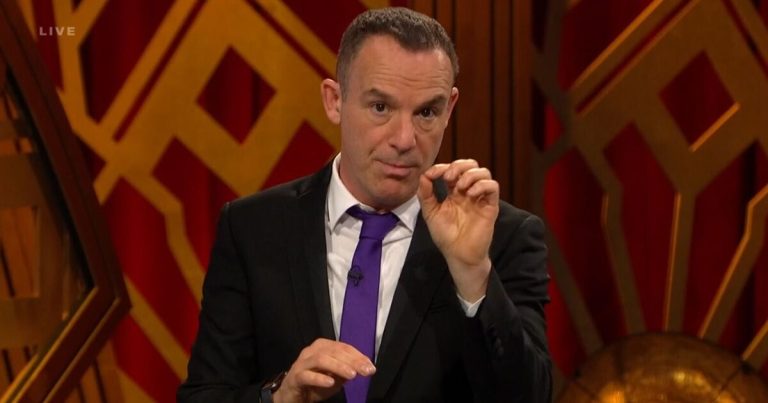
This increase will come on top of the double-digit pay rise state pensioners got in April, again, thanks to the triple lock.
The triple lock maintains retirement incomes by increasing the state pension each year by earnings, inflation or 2.5 percent, whichever is highest.
The earnings and inflation elements are calculated using figures from the previous September, and in 2022 inflation was by far the highest element.
This gave pensioners a 10.1 percent pay rise, lifting the maximum new state pension from £9,627.80 to £10,600.20 a year.
That was a record increase of £972.40, handing pensioners some respite from the cost of living crisis.
Now they could get another “bumper” pay rise of £742 in April 2024, which would lift the maximum new state pension to £11,342, according to a report in The Daily Telegraph.
This assumes that this September’s inflation figure will be highest of the three triple lock elements.
The Bank of England is forecasting that consumer price growth will remain high over the summer and average seven percent between July and September.
By contrast, wages may grow by as little as two percent.
This is good news for pensioners and once again confirms the importance of the triple lock as the cost-of-living crisis spirals out of control.
Yet even with the triple lock, the UK state pension is one of the lowest in the developed world, although it is topped up by other benefits.
Those who retired before April 6, 2016 on the basic state pension will get the same triple lock percentage increase.
It will be worth less in real terms, though, because the basic state pension currently pays a maximum of just £8,122.40 a year, leaving many older pensioners feeling short changed.
If inflation is seven percent in September, it will increase by around £569 to a maximum £8,691.
Many on the basic state pension get more retirement income, as they qualify for additional state pension such as S2P and Serps. They increase in line with inflation each year, so recipients should get a seven percent increase, too.
However, many on the basic state pension get less than the maximum amount and must apply for means-tested state pension benefit Pension Credit.
More than 12.5million pensioners will no doubt welcome a second consecutive inflation-linked pay rise, but it may come with a sting in the tail.
It could lead to more criticism of the triple lock, especially if earnings do rise at a much slower pace. Incredibly, some have accused state pensioners of being pampered at the expense of younger people.
The state pension will cost the nation around £110billion in this year. A seven percent hike in 2024 would add another £7.7billion to the bill, lifting it to £117.7billion.
This is expected to top £150billion by the end of the decade, putting more pressure on a cash-strapped HM Treasury.
READ MORE: Pension withdrawals alert as thousands fall into HMRC tax trap – plan now
As Chancellor, Rishi Sunak suspended the triple lock for the 2022/23 tax year, refusing to pass on an 8.3 percent increase in earnings.
Instead, pensioners got of just 3.1 percent despite rocketing prices, in a worrying precedent.
Last Thursday, Work and Pensions Secretary Mel Stride refused to guarantee the triple lock beyond next year.
Its future will subject to furious during the general election, which must be held before January 2025 but could happen as soon as next May.
As I reported on Saturday, pensions experts are calling on both the Conservative and Labour parties to set out their plans for the triple lock during the election campaign.
Both backed the triple lock in their manifestos for the 2019 election and pension campaigners will be looking for a repeat of that commitment.
They are also calling on the Tories and Labour to set out their policies on the state pension age.
This will increase to 67 between 2026 and 2028, and to 68 at some point after that, despite falling life expectancy.
Some argue that the government faces a tough choice between maintaining the triple lock or holding the state pension age at reasonable levels.
They claim it can’t afford to do both.
Pensioners may welcome next year’s £742 increase but it could make the triple lock’s many enemies in government even more motivated to get rid of it for good.






